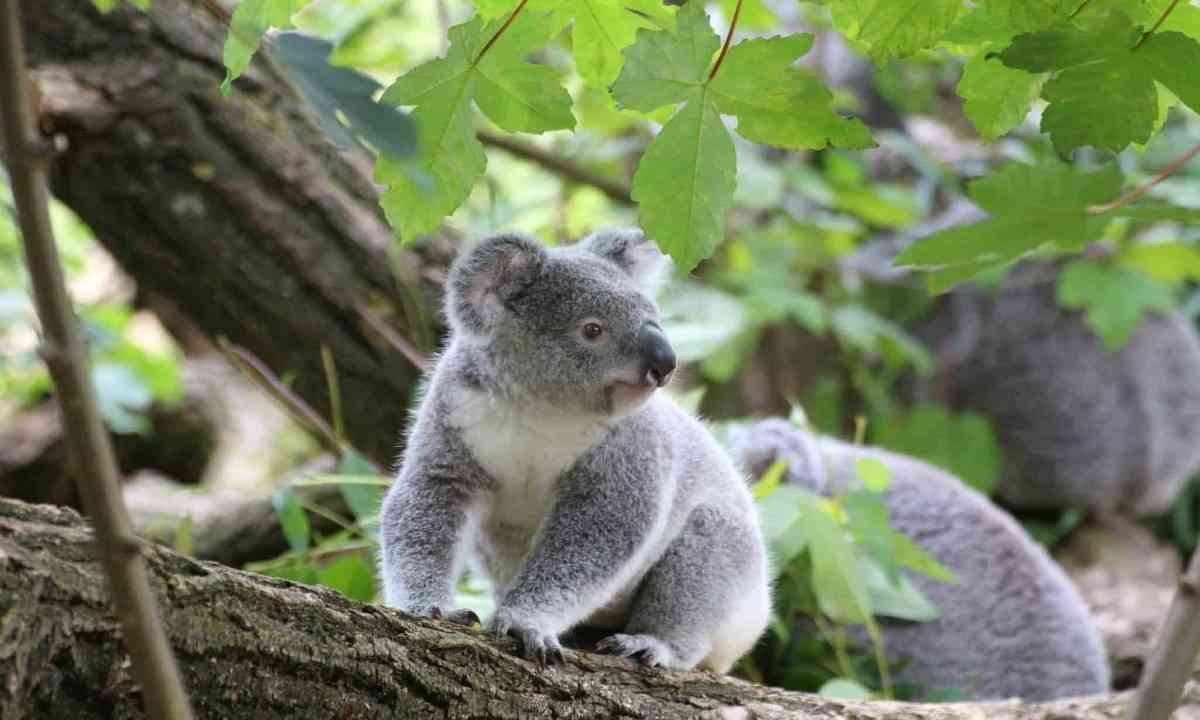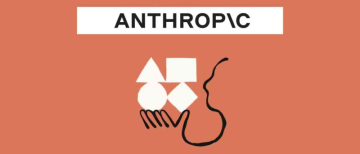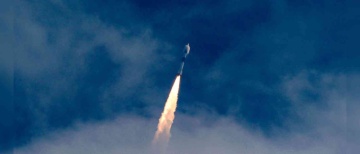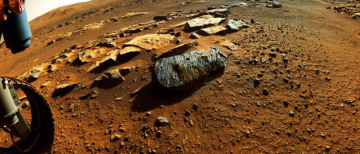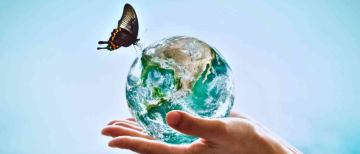Australia's scientists have just started a huge public health campaign, but not for humans. Koalas in the wild are being temporarily captured and vaccinated against chlamydia, which can be dangerous and even life-threatening for them, as part of a new field trial. The vaccine may, it is hoped, aid in reversing these endangered marsupials' population decline. Chlamydia is named after the few types of microbes that cause it, which differ from one creature to another. Being one of the most prevalent sexually transmitted diseases worldwide, it is a significant human issue. Human chlamydia can result in permanent infertility and increase the likelihood of contracting other STIs if left untreated. Be that as it may, the sickness is surprisingly more terrible in koalas. In these creatures, it tends to be through and through destructive or cause serious difficulties like long-lasting bladder harm, barrenness, and visual deficiency.

As their numbers have steadily decreased, koalas haven't had it easy recently. In two states, the Australian government declared them officially an endangered species last year. Recent natural disasters like droughts and wildfires have been blamed for a lot of this population shortage, but chlamydia hasn't helped. It is believed that as many as fifty percent of koalas in some areas are infected with the bacteria. The bacteria are typically transmitted sexually between adult koalas, but they can also be transmitted from mother to child (baby koalas consume a special form of their mother's poop called pap for a brief period of time).
While antibiotics are effective in treating chlamydia in humans and koalas, they are not a viable option for the latter. Koalas with the infection would be difficult to effectively treat on a large scale, as we can with humans. Even if we could, antibiotics have the potential to disrupt the gut microbiome of koalas, whose primary food source is eucalyptus leaves. Researchers at the Queensland, Australia-based University of the Sunshine Coast (USC) have been developing a more practical workaround for more than a decade: a koala chlamydia immunization. In 2021, they began a stage III preliminary intended to immunize up to 400 koalas. Furthermore, they've since set out on the following piece of their exploration. "It's killing koalas since they become so debilitated they can't climb trees to get food, or break hunters, and females can become barren," immunization engineer Samuel Phillips, a microbiologist at the College of the Daylight Coast, said.
:focal(2736x1824:2737x1825)/https://tf-cmsv2-smithsonianmag-media.s3.amazonaws.com/filer_public/61/92/61923464-bd2f-4635-9514-118798dbdab4/gettyimages-1346469784.jpg)
The initial trial's goal was to immunize hundreds of koalas who had been admitted to nearby wildlife hospitals for other reasons. However, scientists have begun to capture wild koalas in order to immunize them. The koalas are said to have been caught humanely, vaccinated while unconscious, and then kept under observation for 24 hours before being returned to the wild. Additionally, pink dye is used to indicate their vaccination status. As per the sources, the absolute first wild koalas in this preliminary were gotten and immunized in Spring. The group eventually plans to immunize up to half of the koala populace in the Northern Waterways district of New South Grains, or around 50 altogether. Phillips expressed, "We need to assess which level of koalas we really want to inoculate to decrease illness and disease definitively."
© Copyright 2023. All Rights Reserved Powered by Vygr Media.

